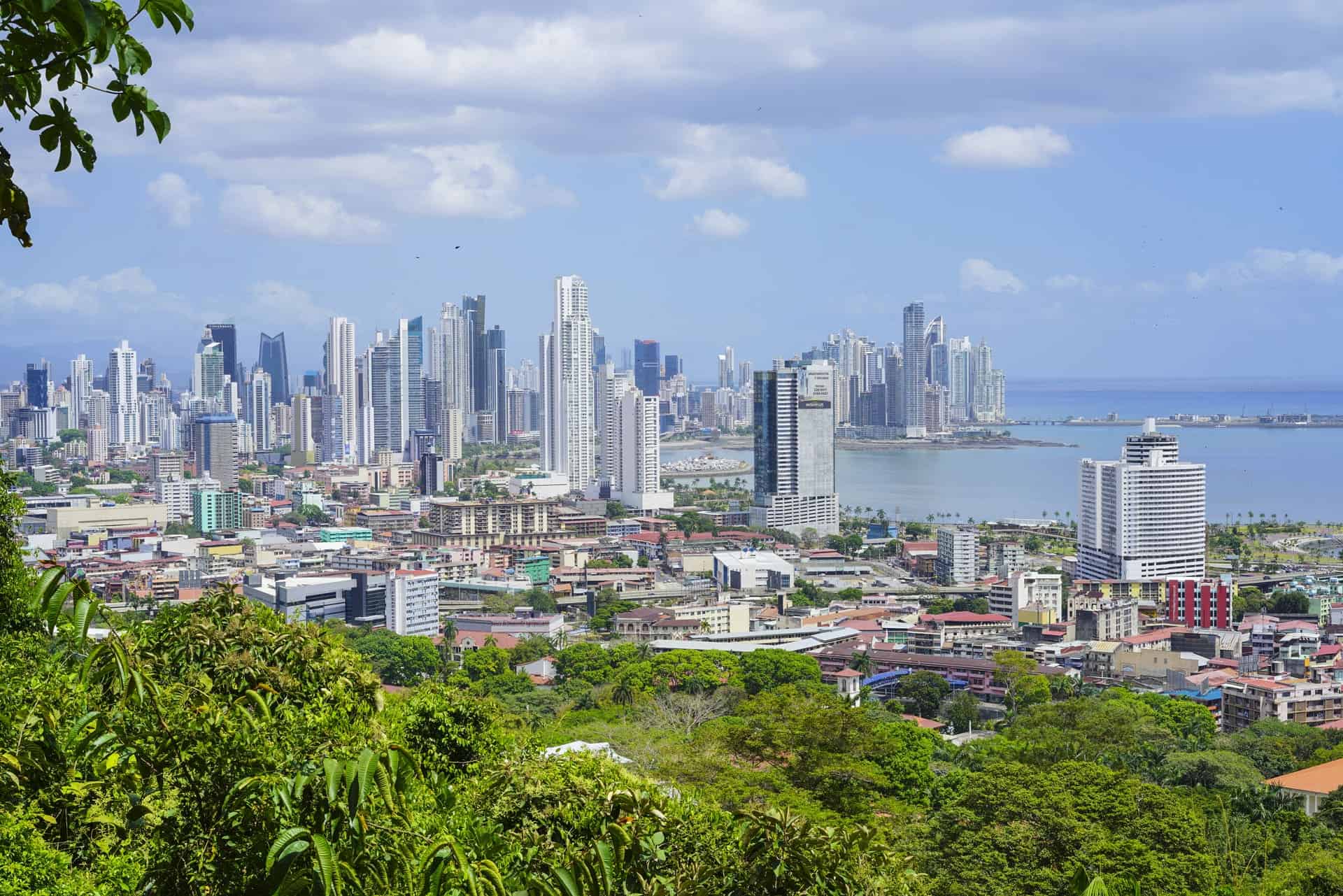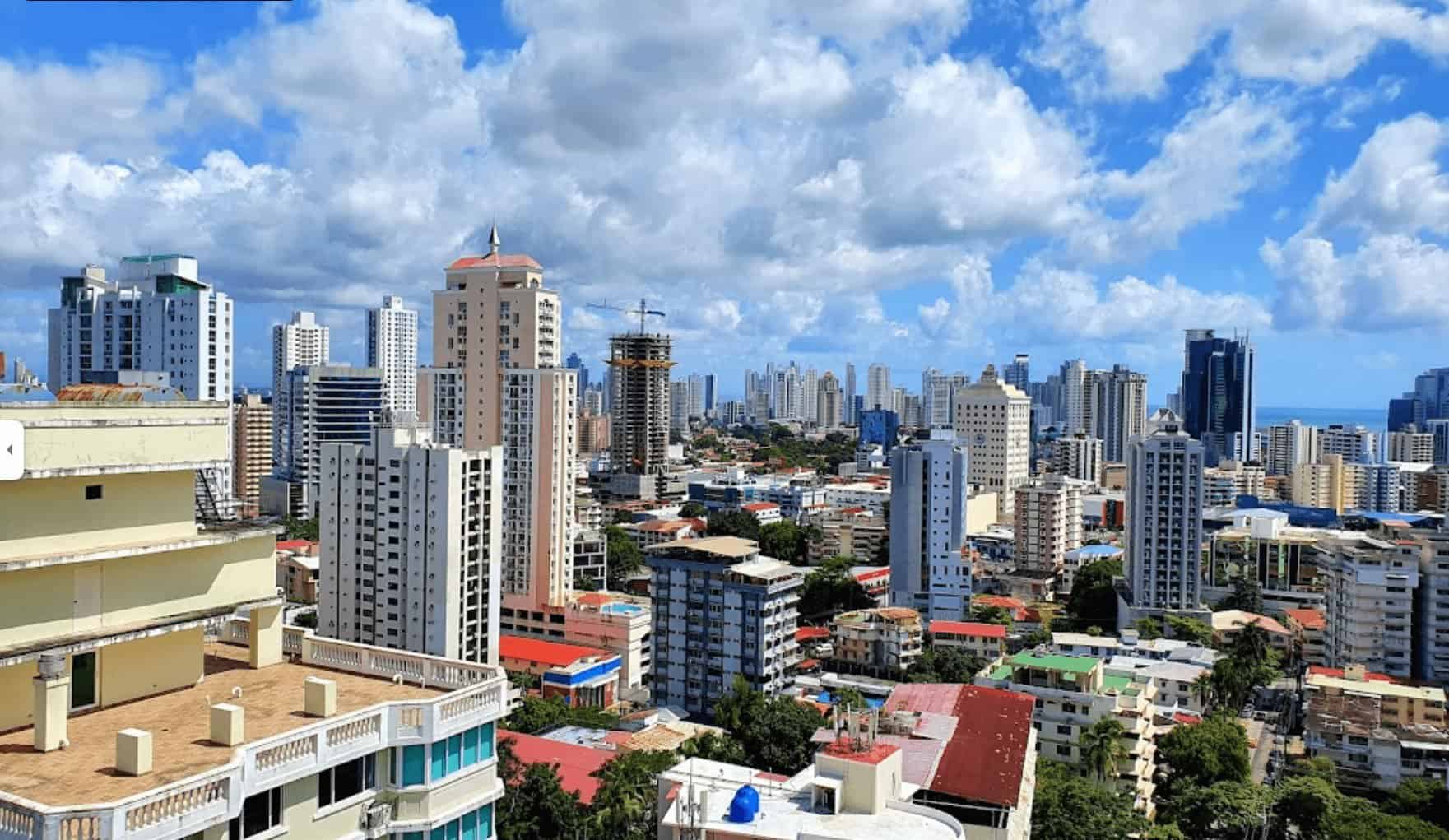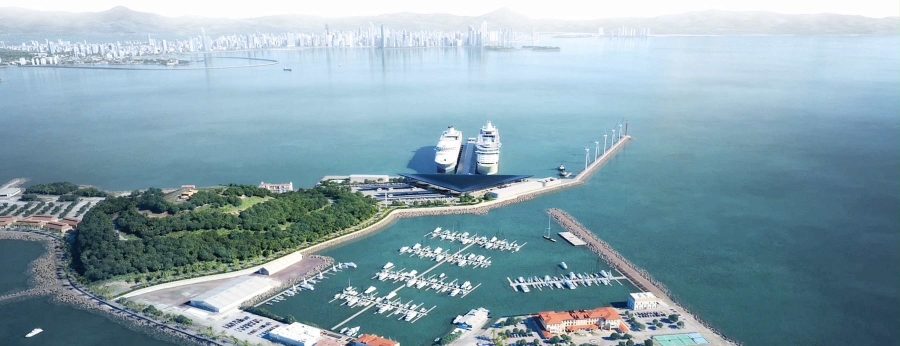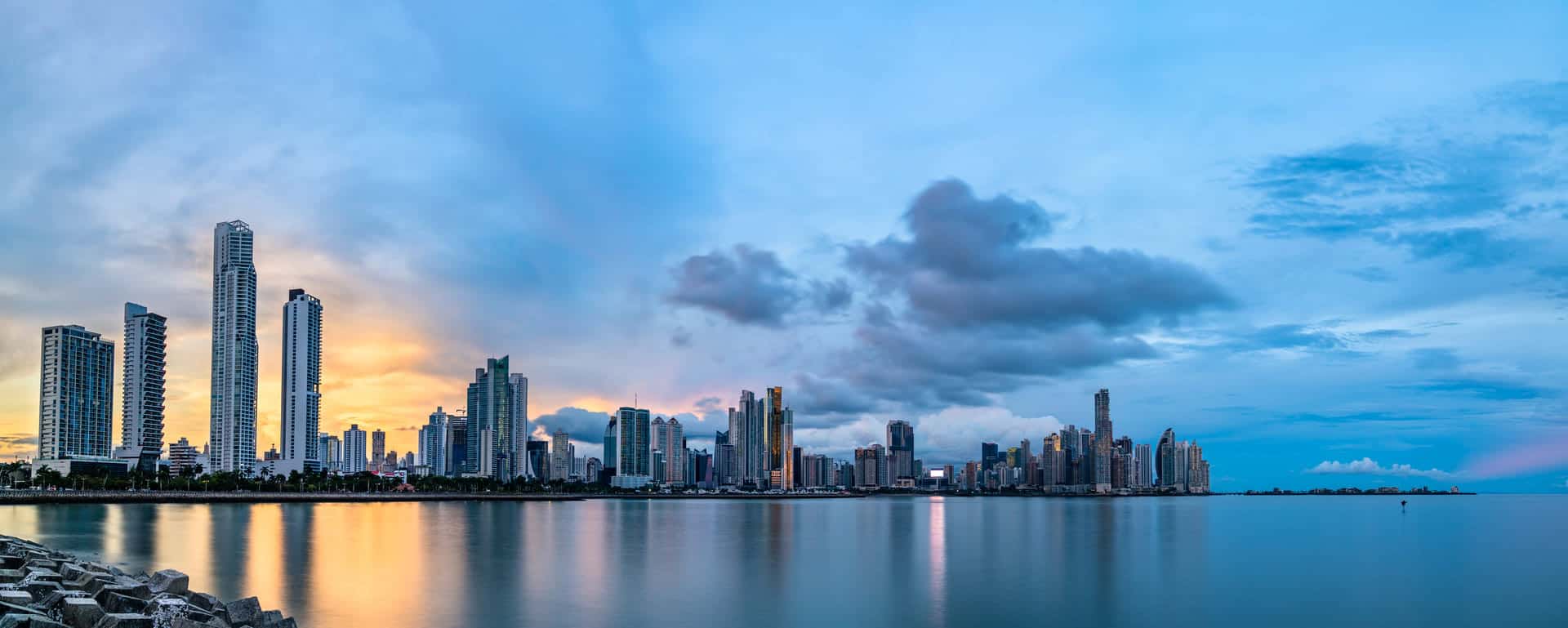Welcome to our guide tailored specifically for those with a keen eye on financial matters. In this comprehensive piece, we delve into the intricacies of closing costs, offering invaluable insights for both prospective buyers and sellers in the Panamanian real estate market. Navigating the realm of closing costs can be daunting, but fear not. We’ve broken down the information into easily digestible sections, covering everything from the closing costs associated with buying a property to those incurred when selling. Whether you’re a seasoned investor or a first-time buyer, understanding these expenses is crucial for making informed decisions.
Additionally, we’ll explore the legal and regulatory considerations that accompany property transactions in Panama, ensuring you’re well-equipped to navigate the complexities of the market with confidence and clarity. Join us as we reveal closing costs and empower you to make practical financial decisions in the Panamanian real estate landscape.
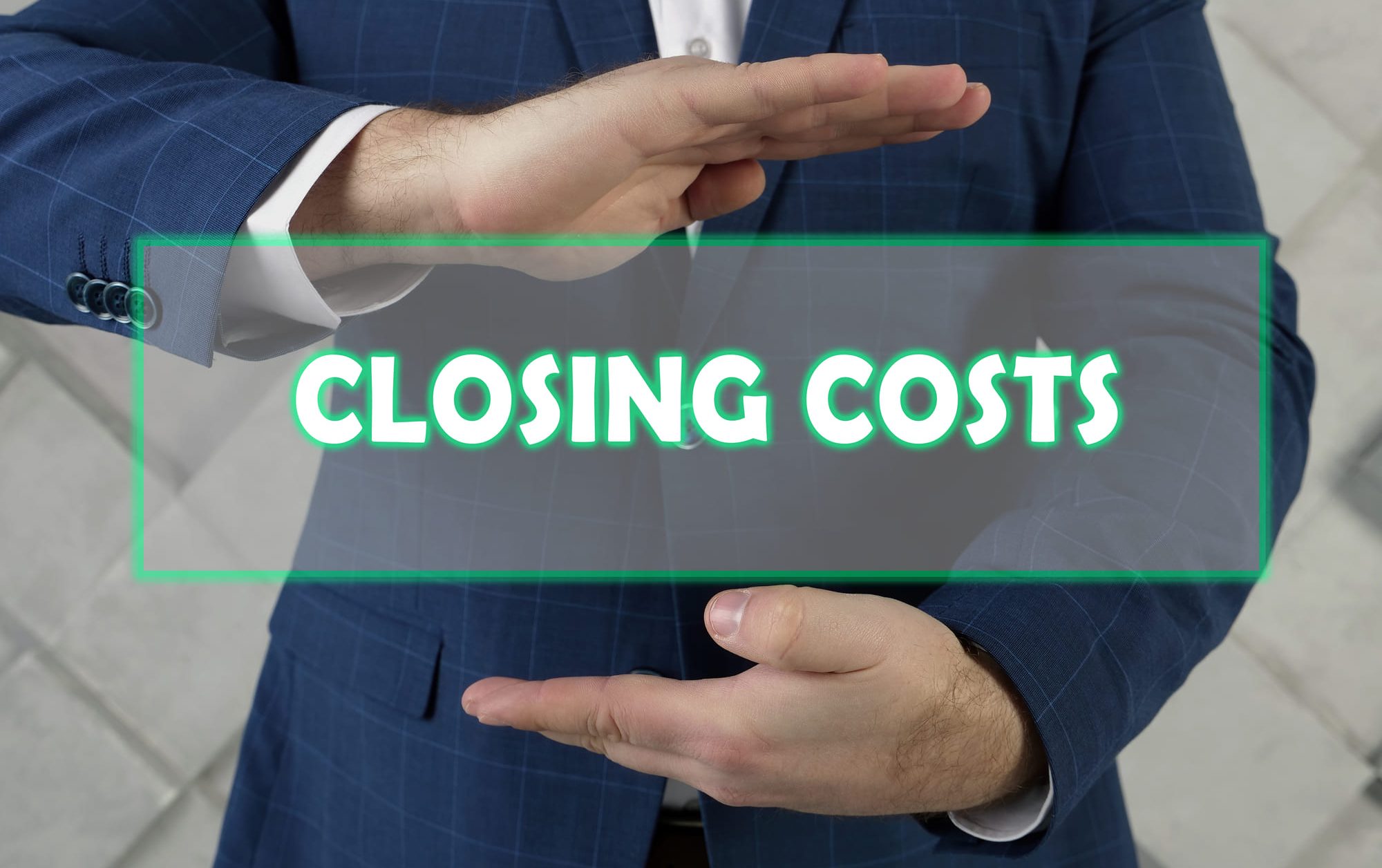
Buyers Closing Cost
When purchasing property in Panama, buyers will encounter different types of closing expenses. Here’s a breakdown of what buyers are responsible for:
- Property Transfer Tax
The transfer tax is imposed on the transfer of real estate ownership and is calculated as a percentage of the property’s registered value. The Panamanian government charges a 2% property title transfer tax of the sales price or the cadastral value, whichever is higher. In addition, there is a 3% advance of capital gains tax, based on the sale value. Although often considered a seller’s responsibility, it’s important for buyers to be aware of this cost as this is often negotiated on a by-case basis.
- Registration Charges
Buyers are required to register the property with the Public Registry of Panama. Registration fees amount to approximately 0.3% of the sale price.
- Notary Fees
The buyer typically covers notary charges, which include drafting and executing the sales contract. Notary fees typically range from $200 to $300.
- Legal Expenses
When buying property in Panama, it’s recommended to obtain a payment check from your bank in Panama to ensure a legally secure and risk-free transfer of ownership. The fee for this check typically ranges from 0.25% to 1%, depending on the bank. Importantly, buyers do not incur taxes when purchasing property in Panama. If you’re financing your purchase with a mortgage, expect the bank’s legal department to handle the sale, with associated fees and costs borne by you.
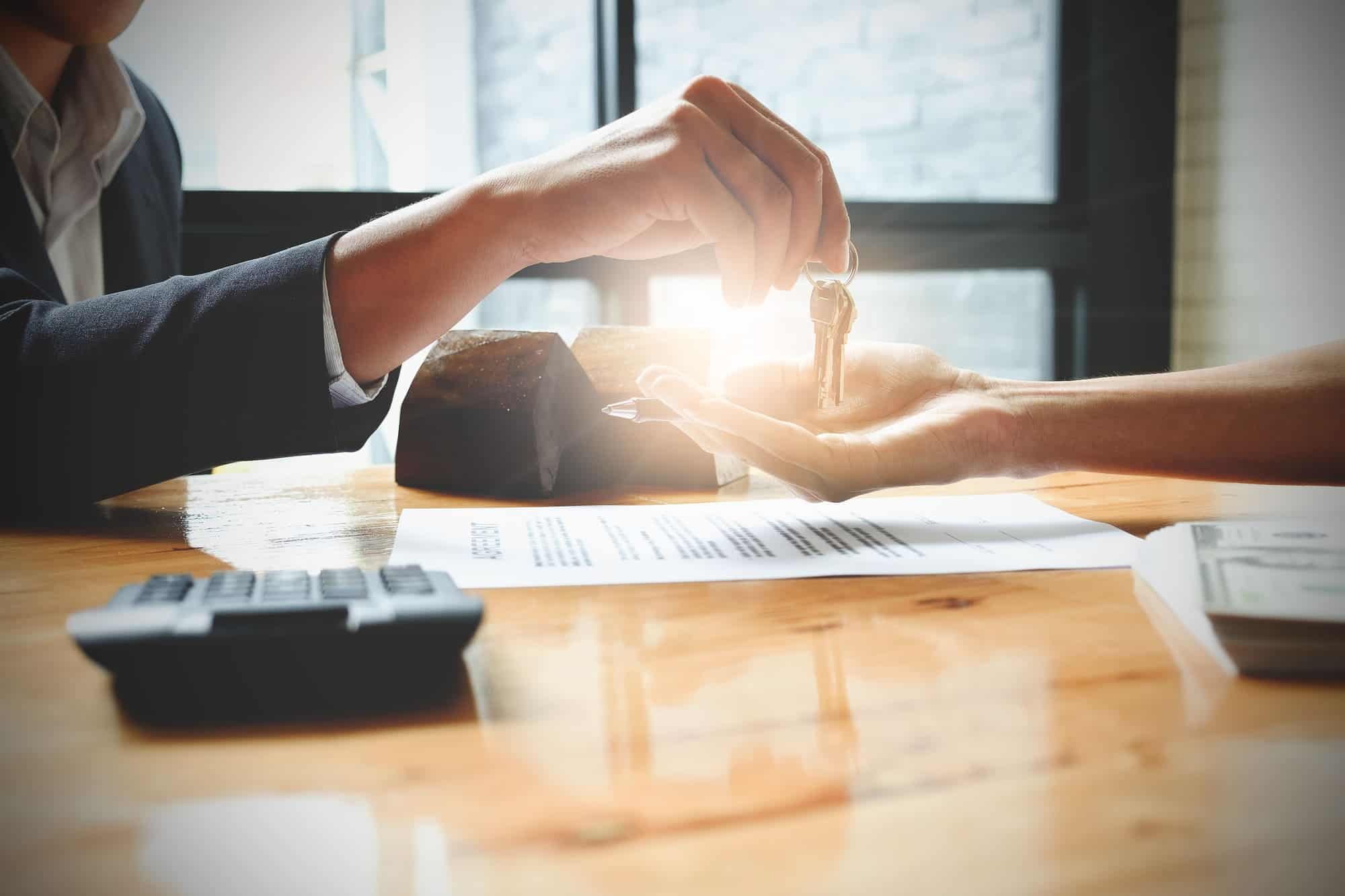
Sellers Closing Cost
Closing costs are important considerations for sellers when determining the price of their property and finalizing a sale. Below is a breakdown of seller responsibilities for closing costs in the Panama real estate market:
- Real Estate Commission
Sellers usually hire a real estate agent to market and sell their property. In the primary market, the Real Estate Commission typically ranges from 3% to 4%, while in the secondary market, it’s usually around 5%.
- Sales and Capital Gains Tax
The seller pays a sales tax of 2% and a capital gain tax of 10% on the profit. Before the 2021 law change, selling property (even at a loss) incurred a mandatory 3% advance capital gains tax, leading to lengthy refund processes. However, in April 2021 Law 208 was introduced, allowing sellers that are not regularly trading real estate to pay a 10% tax on actual profits, removing the 3% advance tax requirement.
- Escrow Fees
If the parties involved decide to use an escrow service, the seller may need to share the escrow fees with the buyer. These fees typically range from 0.5% to 1% of the transaction amount.
- Outstanding Debts and Liens
Before the sale can be finalized, sellers must settle any outstanding debts, mortgages, and liens associated with the property. These expenses must be cleared to transfer clear title to the buyer.
Typically, each party covers their own closing expenses. For instance, the seller handles their attorney fees for reviewing the buy/sell contract, while the buyer covers costs like drafting the contract, conducting title searches and title transfers. However, there are situations where buyers and sellers agree on different terms, such as one party covering all closing costs. Ultimately, it varies based on the negotiation between the buyer and seller.
Legal and Regulatory Considerations
Given the complexity of these transactions and the potential for variation based on individual negotiations, having legal representation is crucial for both buyers and sellers. Typically, each party pays for their own closing costs. However, these can be subject to negotiation between the buyer and seller. For instance, the seller might pay for the title transfer tax and a portion of the capital gains tax, but everything else can be negotiated in the purchase agreement. A knowledgeable attorney can help navigate Panama’s real estate laws, ensure compliance with all tax requirements, assist in negotiating favorable terms, and prevent unforeseen expenses. Legal professionals are also essential for conducting due diligence, drafting and reviewing contracts, and ensuring that all legal aspects of the property transfer are handled correctly. To ensure a smooth and compliant transaction process, both buyers and sellers should consider engaging with reputable legal experts who specialize in Panamanian real estate law. This not only provides peace of mind but also helps in mitigating risks associated with property transactions in Panama.
Conclusion
In conclusion, mastering the understanding of closing costs is fundamental for buyers and sellers alike in Panama’s real estate market. Our guide has meticulously dissected the intricacies of buyer and seller closing costs, along with essential legal and regulatory considerations. Armed with this knowledge, you’re equipped to navigate transactions with confidence and clarity. Whether you’re entering the market for the first time or seeking to maximize returns on your property investment, informed decision-making is key. With our guide, you’re poised to make savvy financial choices in Panama’s real estate landscape.

